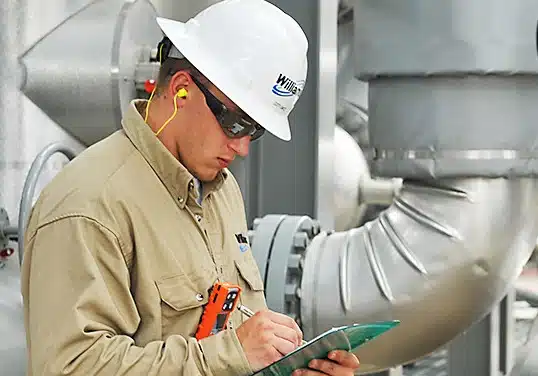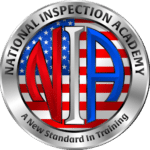The EPA is involved in regulating various aspects of the environment, including water quality, air quality, hazardous waste, and more. When it comes to pipelines, the EPA’s jurisdiction primarily covers areas related to pollution and environmental protection.
Here’s a brief overview of some regulations and guidelines related to pipeline inspections that the EPA may be involved in:
- Clean Water Act (CWA): Pipelines near or crossing bodies of water must adhere to regulations protecting water quality. Any discharge of pollutants must be controlled and monitored.
- Clean Air Act (CAA): This may affect pipelines by regulating the emissions from any equipment used in the process, such as compressor stations.
- Resource Conservation and Recovery Act (RCRA): This could be applicable to pipelines, as it regulates the management of hazardous and non-hazardous solid waste.
- Spill Prevention, Control, and Countermeasure (SPCC) Rules: These rules apply to facilities that store, handle, or transport oil. They require a detailed plan for preventing oil spills, controlling a spill should one occur, and outlining countermeasures to minimize the impact on the environment.
- Emergency Planning and Community Right-to-Know Act (EPCRA): Pipelines carrying hazardous materials must comply with regulations regarding community notification and emergency response planning.
- National Environmental Policy Act (NEPA): Any major federal action, including permitting for pipelines, requires an analysis of environmental impacts, alternatives, and mitigation measures.
- Toxic Substances Control Act (TSCA): This might apply to pipelines carrying certain chemicals and requires compliance with regulations related to reporting, record-keeping, and testing.
- Pipeline and Hazardous Materials Safety Administration (PHMSA): While not part of the EPA, PHMSA is a key federal agency overseeing pipeline safety regulations, including inspection and maintenance standards. It’s important to note that EPA regulations would work in conjunction with PHMSA rules.
Keep in mind that regulations can vary greatly depending on the type, location, and content of the pipeline. State and local regulations may also apply, and consultation with relevant agencies and legal experts is generally advisable to ensure full compliance.
#pipelines #epa #inspections


